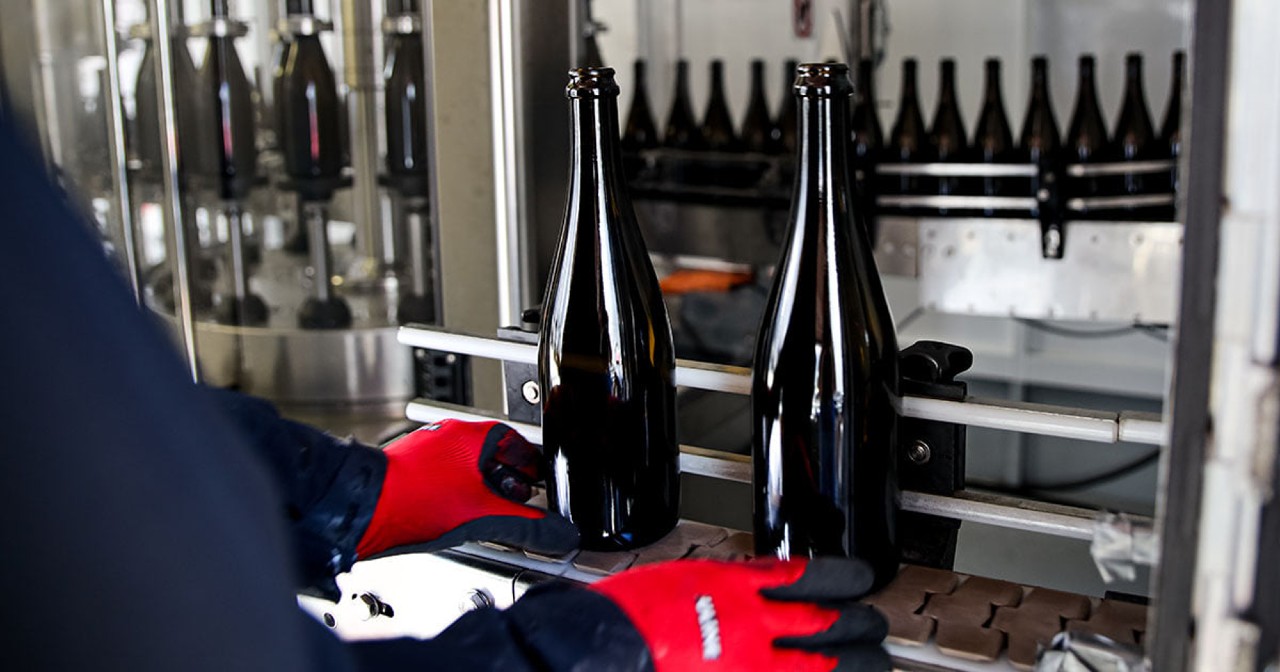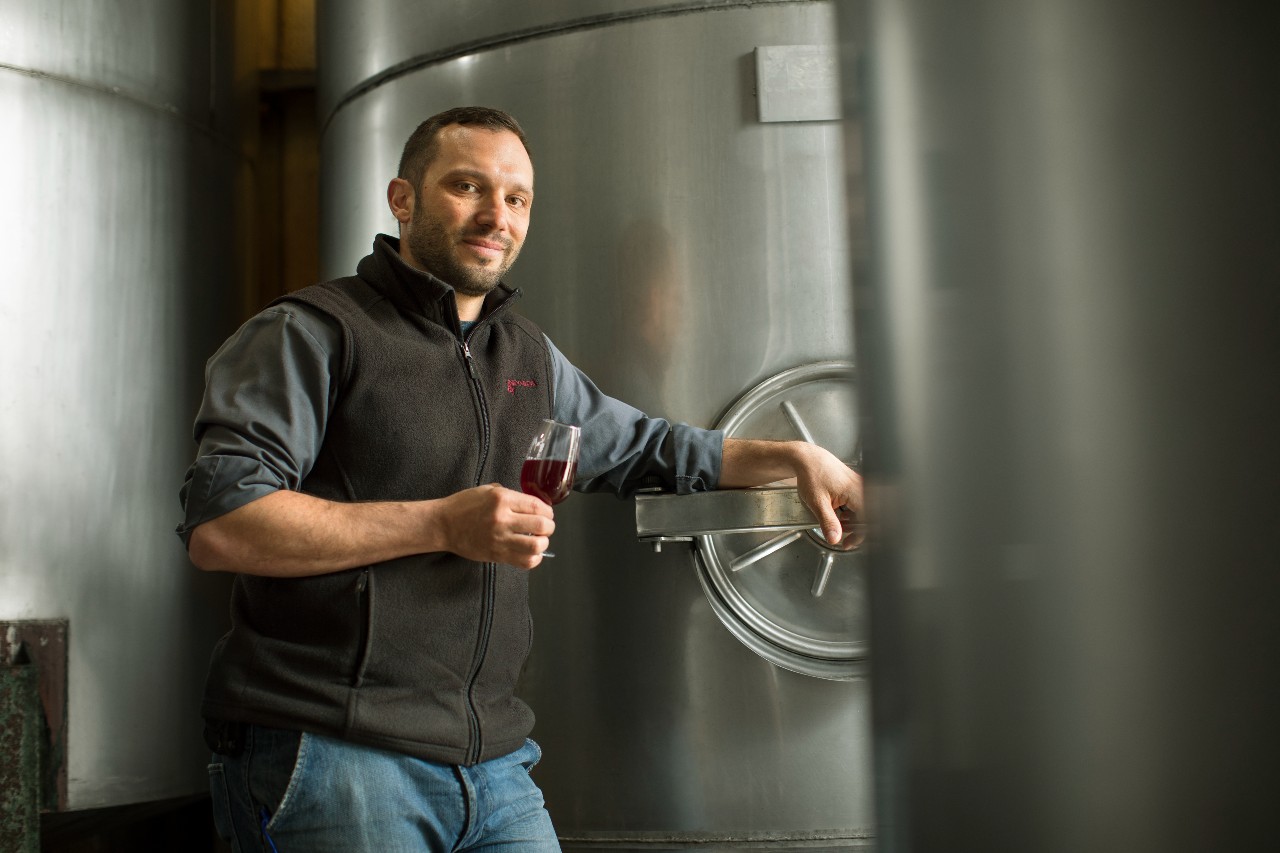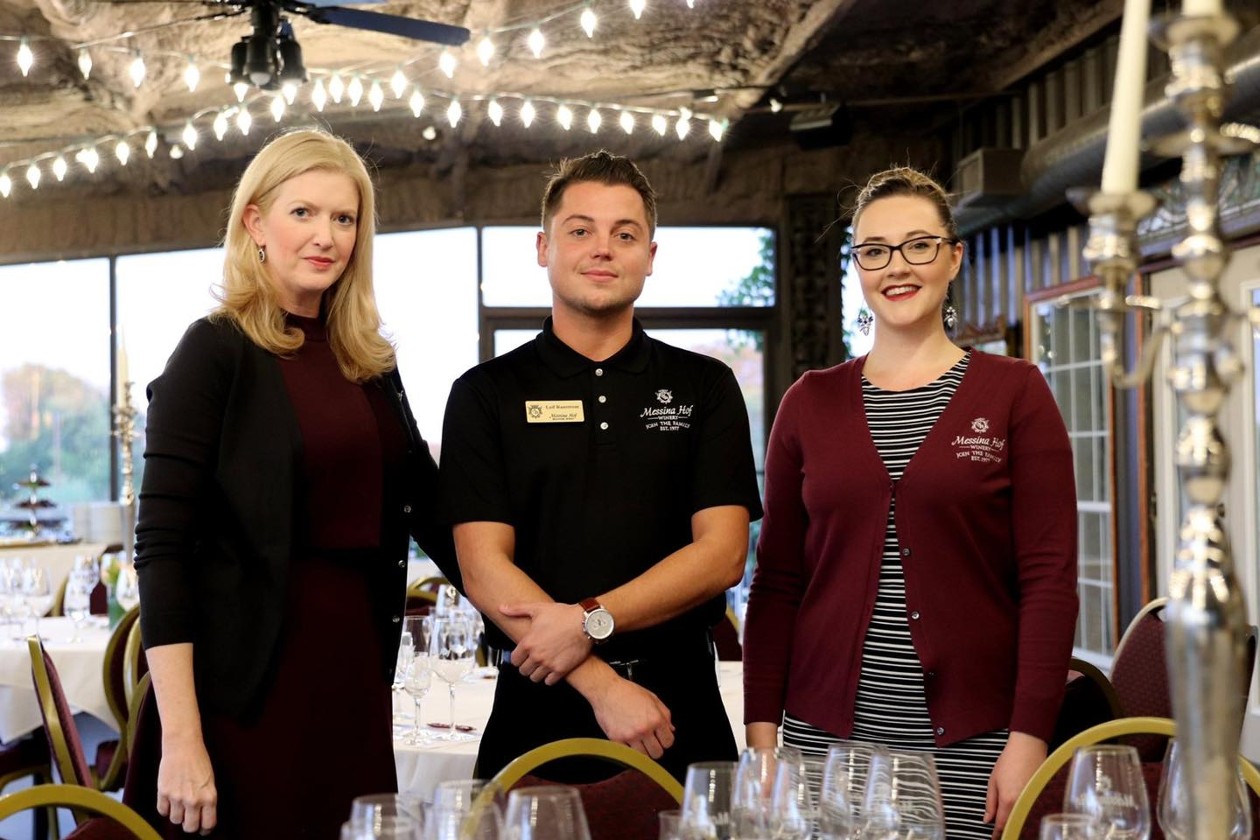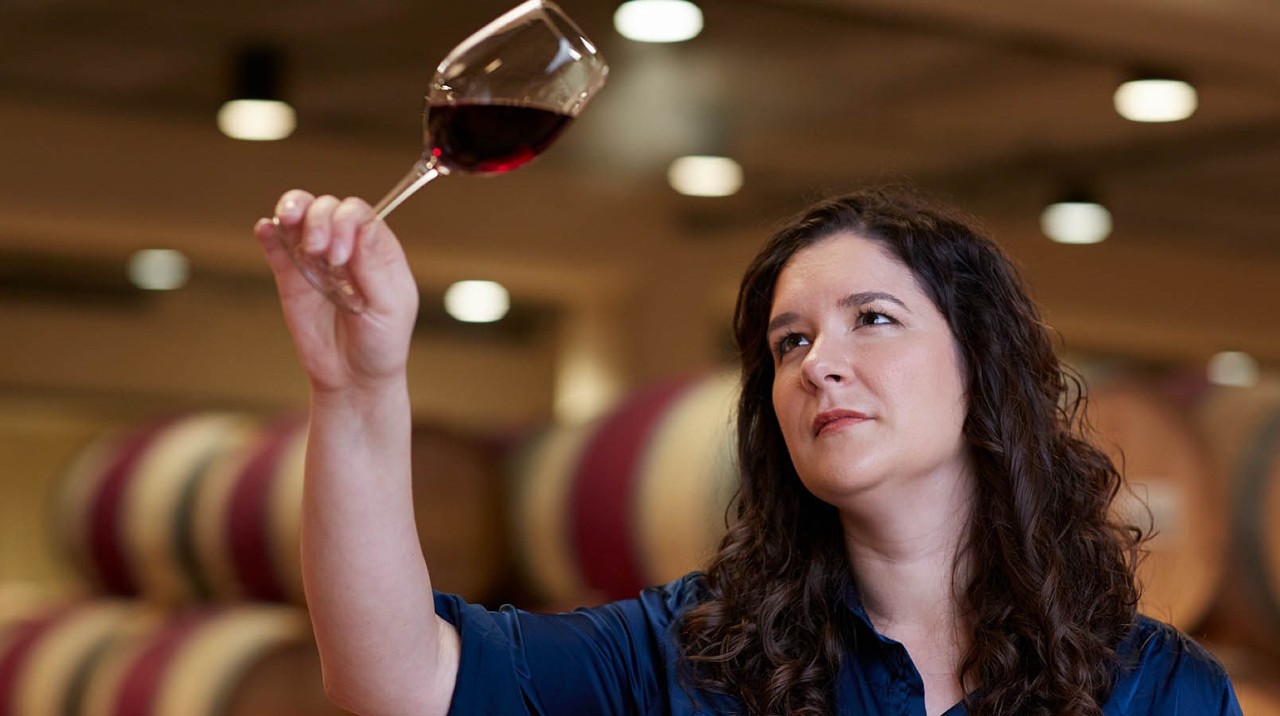Consumer buying behavior changed notably during the pandemic and winery owners say they are still working hard to keep up with the shift in attitude.
Spicewood Vineyards found itself working through continuing challenges brought on by growth that Ron Yates, owner of the Central Texas winery, said was actually a result of the pandemic.
“One of our biggest adjustments was keeping up with the surge of new customers from the end of 2020 and most of 2021,” Yates said. “We experienced a lot of growth during that time from Texans who didn’t want to or couldn’t travel out of state as much during the COVID shutdowns.
“Maintaining our level of customer service with the influx of newer customers has been a challenge.”
Yates said Spicewood Vineyards has experienced both an increase in wine club members as well, and a resulting increase in production numbers.
“Finding more quality fruit to be able to grow successfully has been challenging,” Yates said. “We scoured the state and really had to push this year during harvest to find enough fruit in order to grow our production with the same quality of standards as we have had in the past.”
After struggling to ramp up and grow, Yates said he foresees a slowdown coming in terms of purchasing habits.
“We have already seen purchasing habits greatly slow down in comparison to the last 18 months,” he said. “I foresee lots of competition for fewer dollars.”
In Turner, Oregon, Willamette Valley Vineyards CEO Jim Bernau said he noticed a huge shift in consumer buying behavior even before the pandemic began, and said few of these things had to do with the way the wine tasted.
Things people want to know about include how companies are farming, how they’re treating their staff and workers, and how they’re using chemicals and pesticides, Bernau explained.
“People are not just buying products on price and value, but also on values,” he said. “So consumers are taking a harder look at the conduct of people providing goods and services, including wineries. People want to know that the products they are supporting are worthy of their support and consumption, and I think this is really, really healthy for our society and industry.”
Bernau said the number of consumers that have to persuade companies to change is fewer than you might think.
“You don’t have to convince everybody,” he said. “Businesses are very thinly profitable, by and large. It doesn’t take all consumers. Businesses can’t afford to give up 10-15% of the market and misbehave as unsustainable producers.”








Be the first to comment